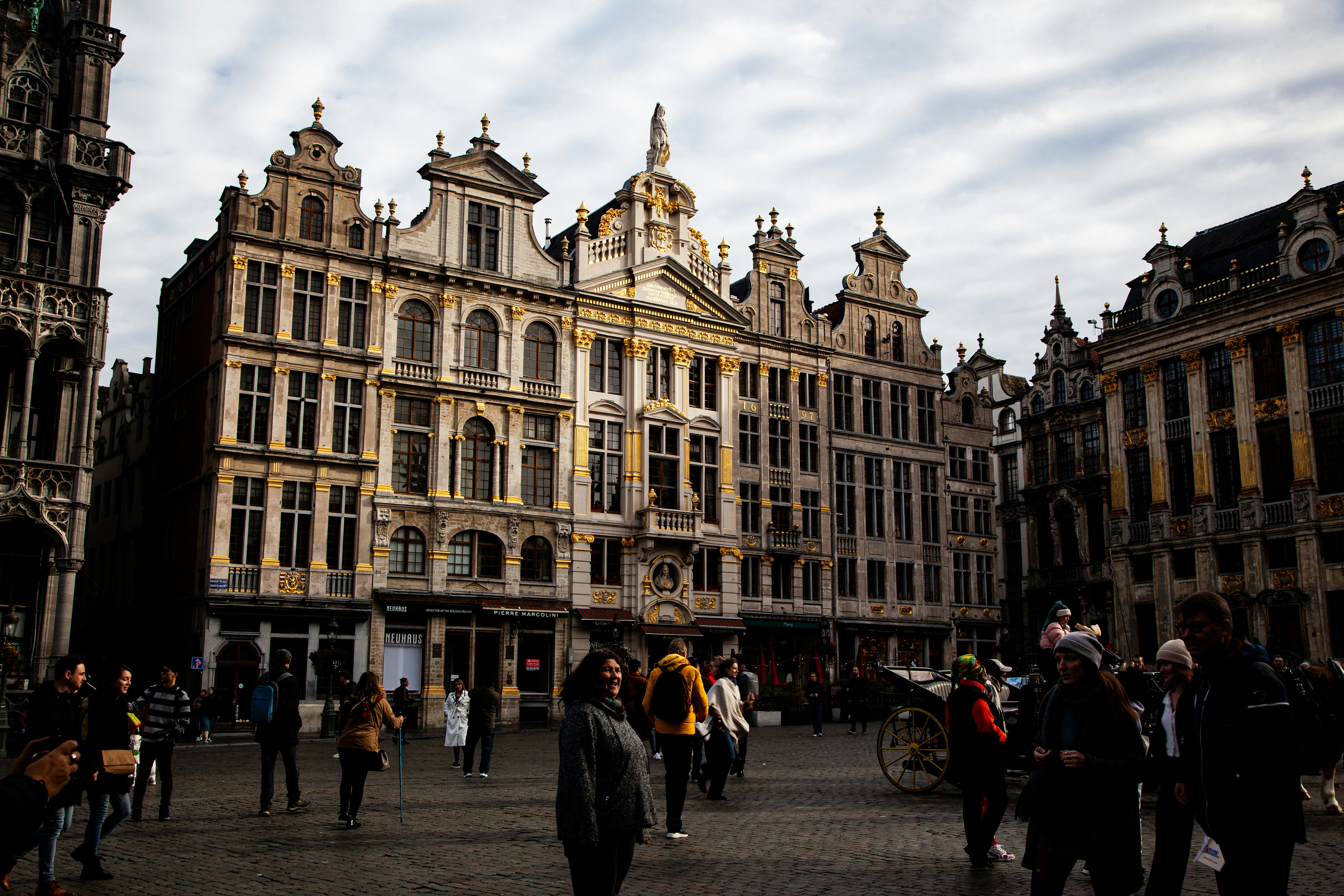Unlocking the European Dream: Ultimate Guide to Relocating and Thriving in the Continent
October 4, 2024 | by alan@theautopilotai.com
Choosing Your Ideal European City: A Comprehensive Overview
Relocating to Europe is an exciting opportunity that requires thorough consideration of numerous factors to find the ideal city that aligns with personal and professional aspirations. One of the foremost aspects to assess is the cost of living. Different cities across Europe have varying price levels for housing, transportation, and everyday necessities. For instance, while cities like Paris and London may offer a vibrant cultural scene, they often come with a higher cost of living. Conversely, cities such as Lisbon and Budapest tend to provide a more affordable lifestyle without sacrificing quality.
Another critical factor in choosing your European destination is job opportunities. Major metropolitan areas such as Berlin and Amsterdam are renowned for their flourishing job markets, particularly in technology and creative sectors. Emerging cities like Porto and Krakow are also gaining attention for their growing economies and potential job openings in various fields. Evaluating the job market can significantly impact your relocation experience, ensuring financial stability and career growth.
The quality of life is paramount when deciding on a city. Factors such as healthcare, education, and safety play crucial roles. Scandinavian cities like Copenhagen and Stockholm are often celebrated for their high standards of living, offering excellent public services and a strong sense of community. Additionally, the availability of cultural amenities such as museums, theaters, and parks can enhance day-to-day life. Cities like Florence and Barcelona are brimming with history and artistic allure, providing enriching experiences for residents.
Finally, the climate should not be overlooked as it influences lifestyle and well-being. From the Mediterranean warmth of Southern Europe to the cooler temperatures of Northern Europe, the climate directly impacts daily activities and leisure pursuits. Researching average temperatures and seasonal variations can help align your choice with personal preferences.
As you weigh these considerations, it becomes evident that each city in Europe offers unique characteristics, catering to diverse lifestyles and needs. By evaluating these factors thoughtfully, individuals can make an informed decision regarding their relocation journey.
Navigating the Relocation Process: Steps for a Successful Move
Relocating to Europe requires careful planning and a systematic approach to ensure a smooth transition. The first step in the relocation process is to understand visa requirements specific to your situation. Depending on the country you choose and your nationality, the application process can differ significantly. It is crucial to gather detailed information about the necessary documentation and apply well in advance. This reduces the risk of delays that can impact your move.
Once your visa is secured, the next focus should be on housing arrangements. Research the housing market in your chosen city thoroughly. Factors to consider include rental prices, location, proximity to amenities, and transportation options. Websites dedicated to expat housing, local classifieds, and real estate agents can offer valuable insights. Additionally, consider temporary accommodation options, such as short-term rentals or serviced apartments, to provide flexibility upon your arrival.
Securing employment is another critical component of the relocation process. Before moving, explore job opportunities in your field. Utilize job boards, professional networks, and social media platforms to connect with potential employers. Additionally, understanding the local job market and networking within the industry can significantly enhance your chances of finding suitable employment. Consider also any language requirements that may be necessary, as fluency in the local language often makes job hunting easier.
Moreover, familiarizing yourself with the bureaucratic processes in your new country can help navigate legal obligations, such as registering your residence, opening a bank account, and understanding tax implications. Lastly, preparing for cultural differences is essential to adapt successfully. Engaging with local communities through events or social groups can facilitate integration and enrich your experience. Each step of this relocation journey is vital for establishing a fulfilling life in Europe.
RELATED POSTS
View all



